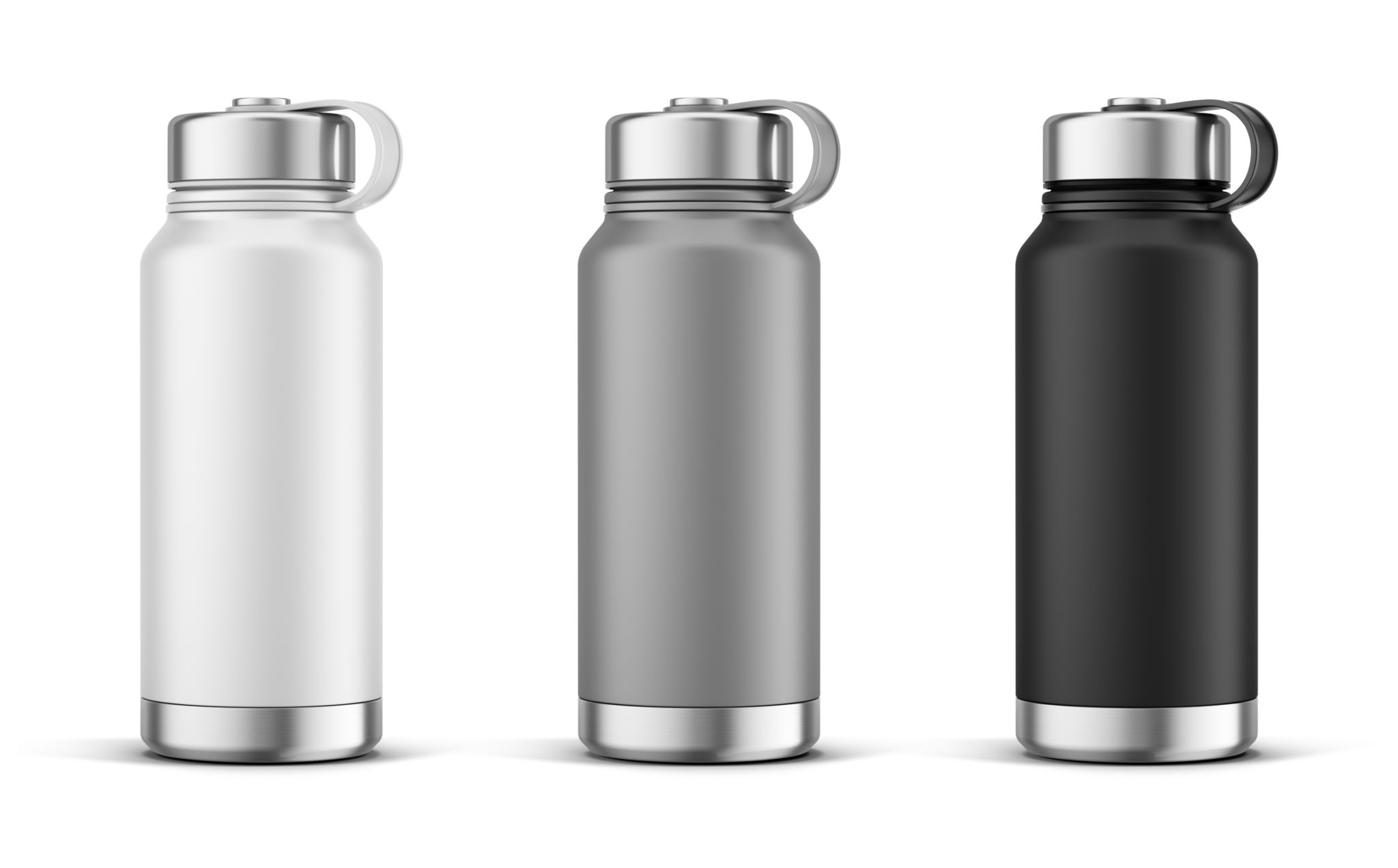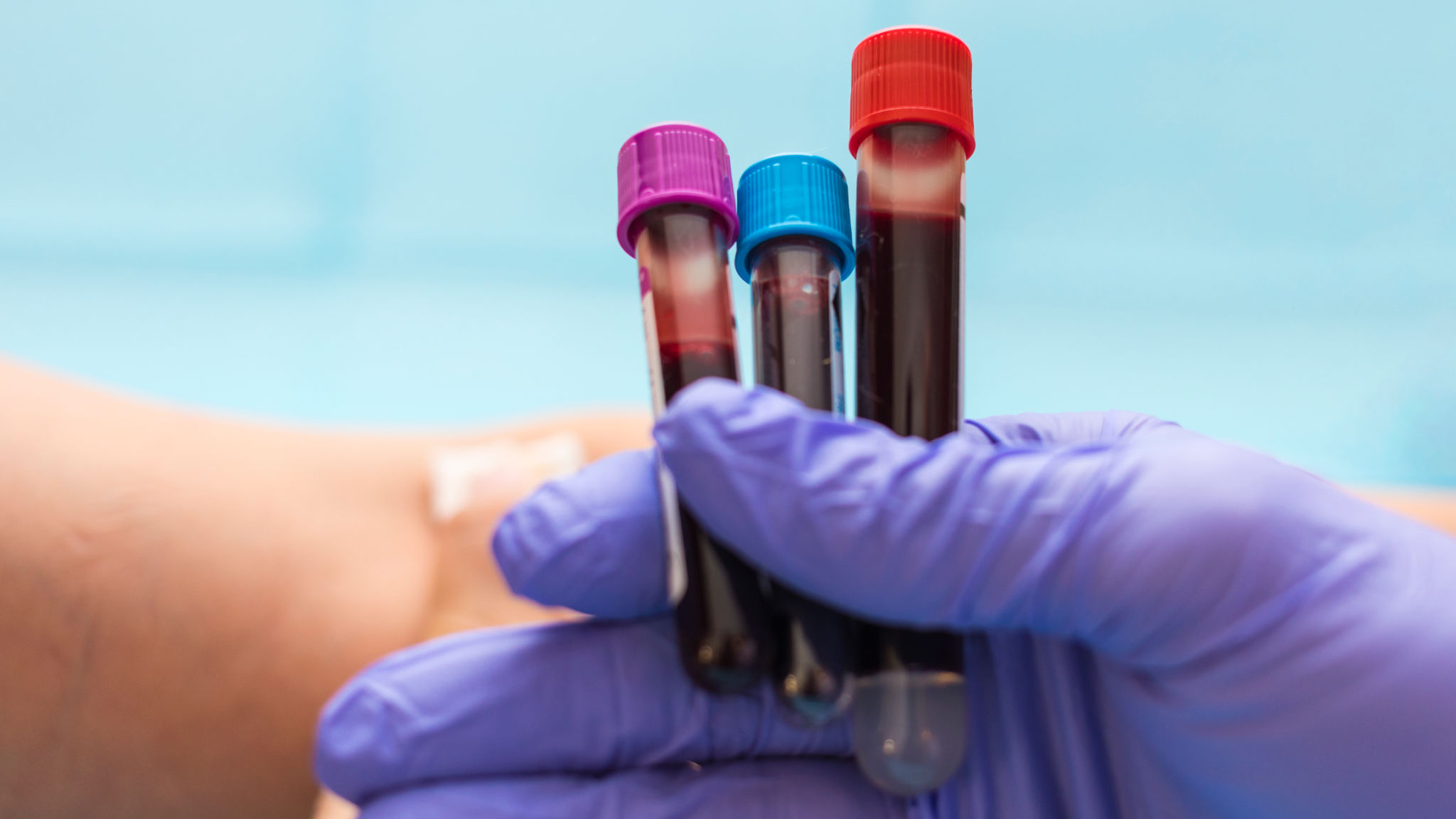How to Prepare for Your Blood Test: A Step-by-Step Guide
Understanding the Importance of Blood Tests
Blood tests are a crucial component of healthcare, providing essential information about your overall health, potential medical conditions, and the effectiveness of treatments. Preparing properly for a blood test can ensure accurate results, which is why it's important to know exactly how to get ready for this routine yet vital procedure.
Consult with Your Healthcare Provider
Before your blood test, it’s advisable to consult your healthcare provider. They can provide specific instructions based on the type of test you are taking. Some tests may require fasting, while others might have dietary or medication restrictions. Understanding these requirements is crucial for obtaining the most accurate results.
Know Your Test Requirements
Different blood tests have different preparation needs. For example, cholesterol and glucose tests often require fasting for 8-12 hours. Always confirm the specific instructions for your test with your doctor or the testing center. Knowing these details ahead of time can prevent unnecessary delays or the need for a retest.

Fasting Guidelines
If your test requires fasting, make sure to adhere strictly to the guidelines provided by your healthcare provider. This typically means avoiding all food and drinks except water. Fasting helps ensure that the test results are not skewed by recent meals, which could affect blood sugar or lipid levels.
Hydration is Key
While fasting, it’s important to stay hydrated by drinking plenty of water. Proper hydration helps keep your veins plump and makes it easier for the technician to draw blood. Avoid caffeinated beverages and alcohol, as these can dehydrate you and may interfere with certain test results.

Medication and Supplements
Inform your healthcare provider about any medications or supplements you are taking. Some substances can interfere with blood test results. Your provider may advise you to temporarily stop taking certain medications before the test. Always follow their guidance carefully.
Day of the Test
On the day of your blood test, dress comfortably and wear a short-sleeved shirt or one with sleeves that can easily be rolled up. This will make the process more convenient for both you and the technician drawing your blood. Arriving early can help reduce stress and allow you to complete any necessary paperwork without rushing.

After the Blood Test
Once your blood has been drawn, you may be asked to apply pressure to the site with a cotton ball or bandage to prevent bleeding. It's normal to feel a bit lightheaded afterward, especially if you've had to fast. Eating a snack and drinking water can help restore your energy levels.
Follow-Up and Results
After your blood test, follow up with your healthcare provider to discuss the results. They will help you understand what the numbers mean for your health and any further actions you might need to take. Regular communication with your healthcare provider can help you stay informed and proactive about your health.

